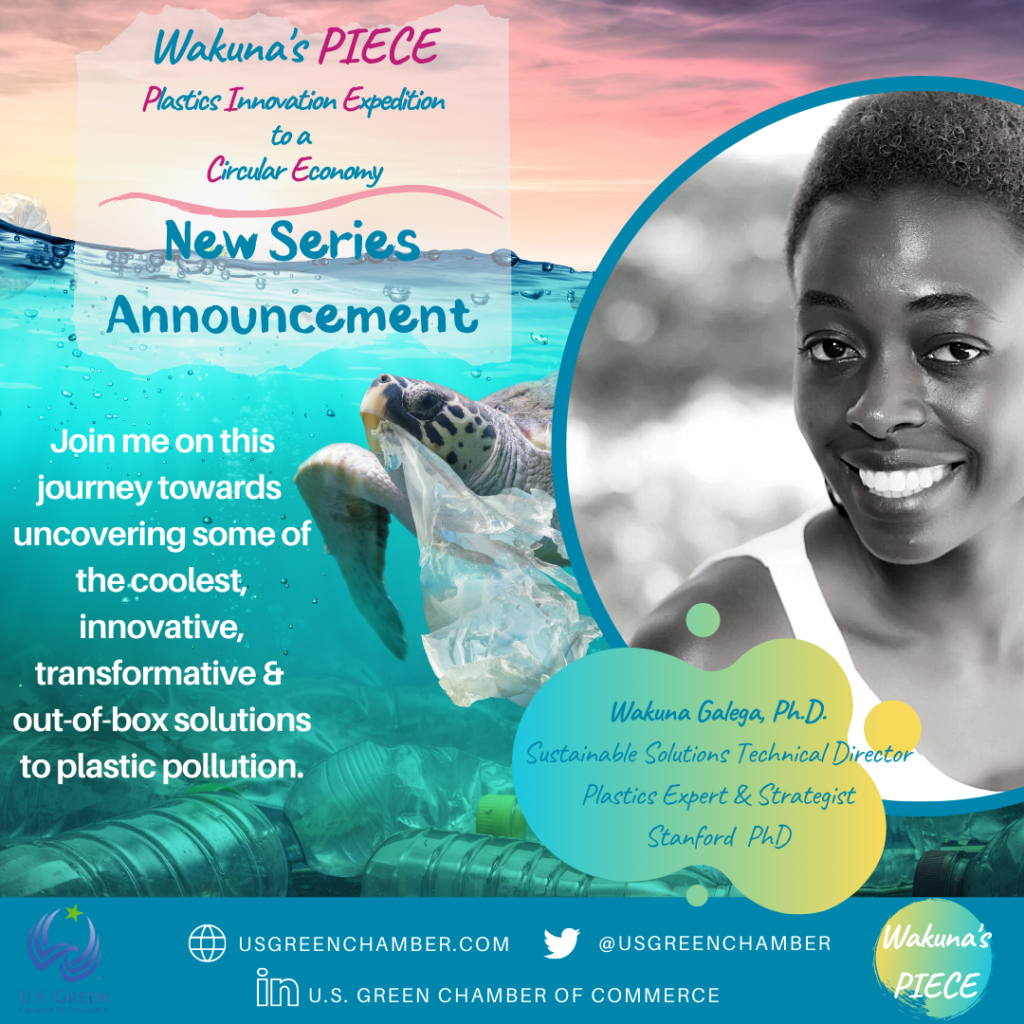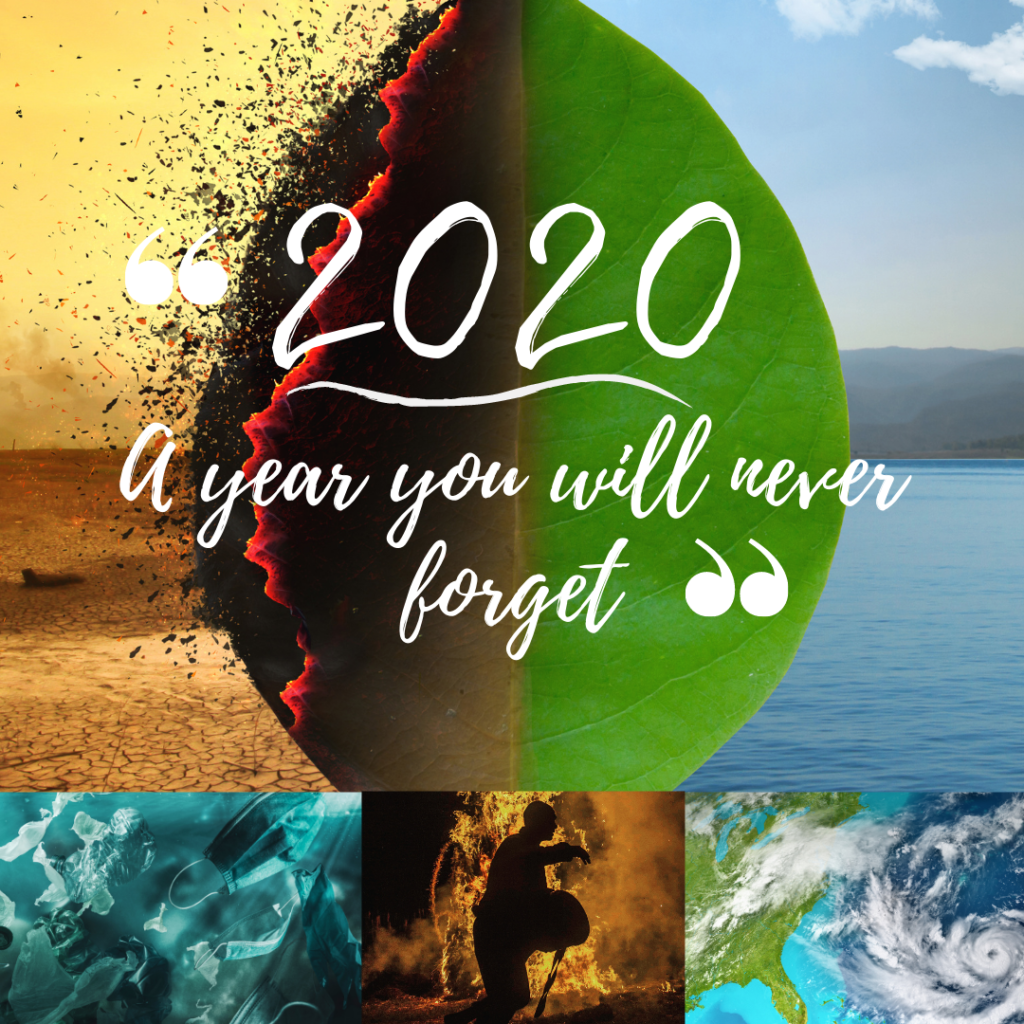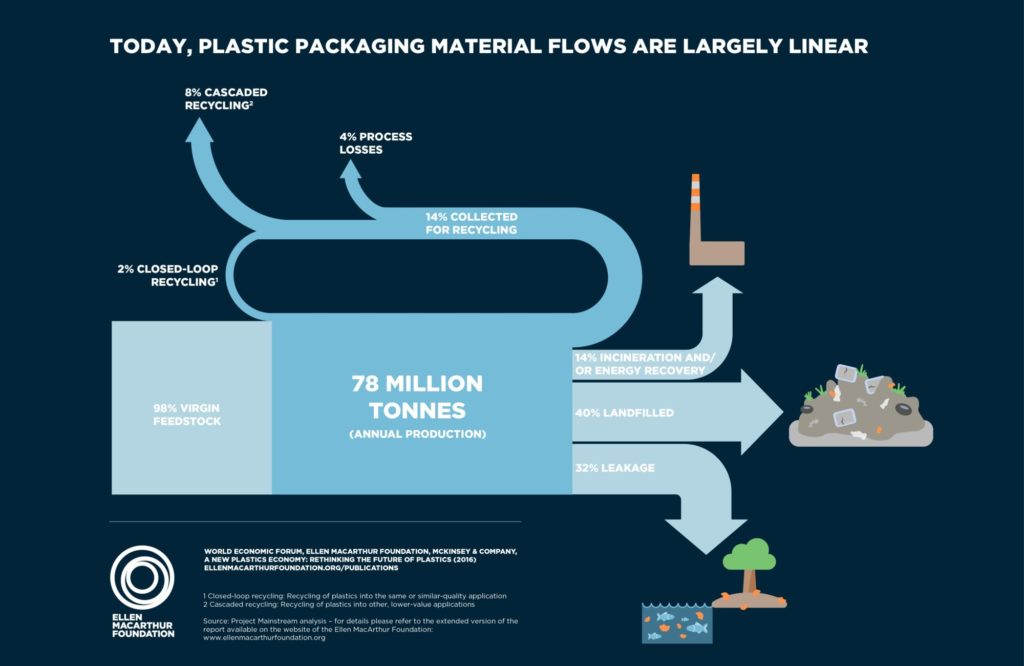
In this series, I will spotlight some of the coolest, innovative and out-of-the box solutions to plastic pollution. After performing extensive research and developing biodegradable plastics for 8 years, I am extremely passionate about this problem. The ultimate solution to plastic pollution lies in our ability to tap into creative minds, and uncover all sorts of sustainable plastic alternatives. These alternatives will not deplete our natural resources, and will instead allow our ecosystems to thrive. We are all capable of adapting to a circular lifestyle and the creators of the solutions that I will put forward in this series believe in this ideology. It will be my pleasure to amplify their work and values through these articles.
A Glimpse into These Innovations
From 3-D printable algae plastics to smart plastics with intuitive biomimetic sensors, to plastics from greenhouse gases, there is a lot of sustainable plastic ingenuity occurring around us. I am going to do a deep dive into their origins, technologies, challenges, how close they are to market realization, and their future outlook.
In my years at Stanford and in the workforce, I have learned how to identify what is truly effective and going to make a great difference in the plastics space in the near future. Today, many corporations have set ambitious goals to reduce, reuse and rethink plastics by 2030. The solutions showcased in this series are versatile enough to serve a wide variety of industries, and show great promise in tackling plastic pollution.
Change is Urgent
2020 is going to be one of those years we will never forget in history. Not only has the COVID-19 pandemic redefined our lives, our environment has been greatly impacted. The world we now live in is changing rapidly, and we all need to wake up to this reality.

In April, when the world came to a complete stand-still, oil prices dropped to negative values, major global manufacturing countries such as China and India saw clearer skies, and daily global carbon emissions dropped by 17 percent. In those few moments (or days), we caught a glimmer of hope for our environment. Unfortunately those hopes were only short lived, and brought a sound reminder that temporary fixes are not sustainable solutions for the future of our planet’s health.
Today we continue to experience alarming climate events. The National Oceanic and Atmospheric Administration (NOAA) reported the first quarter of 2020 to be the second warmest on record — setting 2020 on track to be one of the warmest years to date. This has become even more obvious through hotter, longer, and drier seasons causing multiple regions across the globe to erupt in flames. Meteorologists have basically run out of names for hurricanes this year, given the record-breaking number of tropical storms spreading across the Atlantic. And the list goes on. Yet despite these turbulent series of events, we are left to grapple with a slew of other environmental problems including plastic waste piling up in our natural ecosystems. The implications of plastic pollution are troubling.
The Current State of Plastic Pollution
By 2050, there will be more plastic waste than fish in the ocean. This very concerning statistic projected in a report by the Ellen MacArthur Foundation might just become reality if effective action is delayed. In less than 60 years, global fossil-fuel based plastic production has increased about 30-fold and continues to surge upwards. 90 percent of this plastic goes to waste either ending up in incineration chambers, landfill sites or dumped in the environment. Studies have estimated that at least 8 million tonnes of plastic leaks into the marine environment every year, equivalent to 2 Empire State Buildings every month. In fact the coronavirus pandemic seemed to have aggravated the situation as personal protective equipment (PPE) is beginning to flood our waterways. If we continue to do business-as-normal, it is no surprise that in 30 years from today, every fishing expedition will become a nightmare experience. The sad thing is, fossil-fuel based plastic waste is here to stay because they don’t degrade, they will not disappear and they are harmful to our well-being. Fast and immediate sustainable solutions to this problem are imperative.

The post Wakuna’s PIECE: Upcoming Series Announcement first appeared on U.S. Green Chamber of Commerce.
